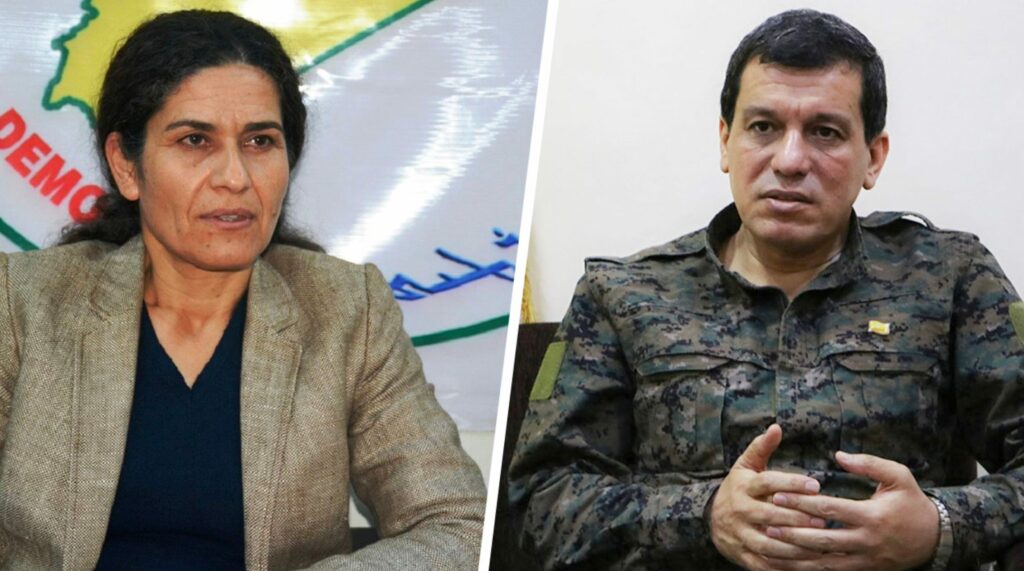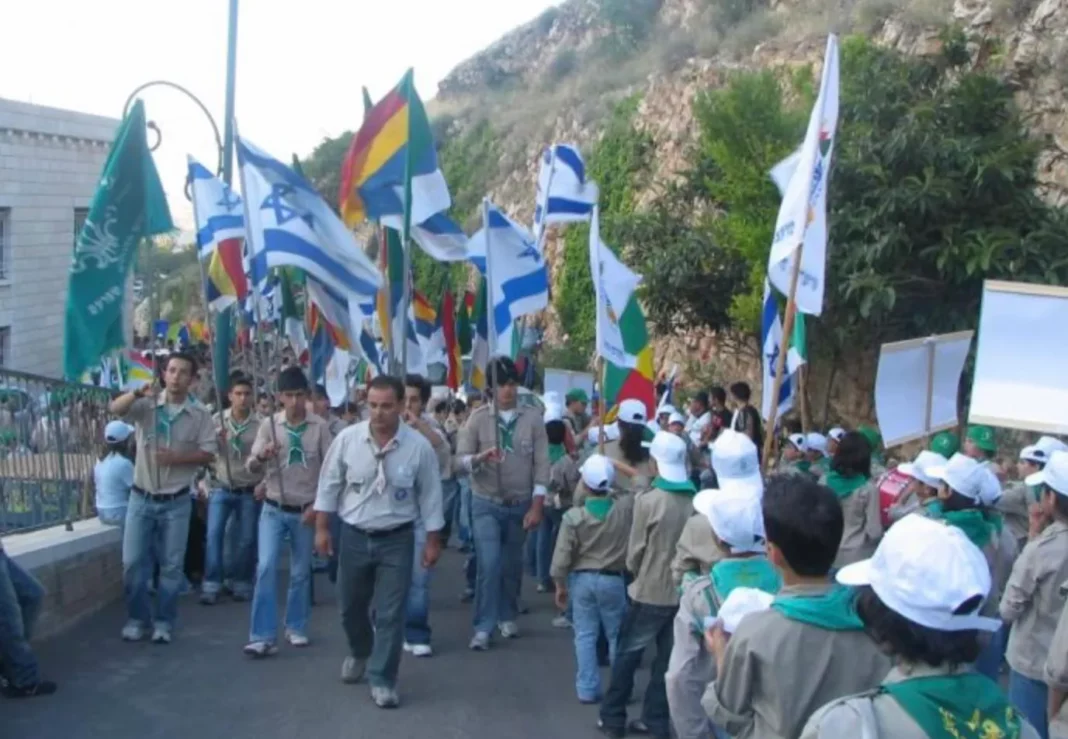Do the best-laid plans go awry? That question is once again looming over Syria’s transition agenda, entangling Ankara in a growing web of challenge.
The anticipated balance in Syria has unraveled in ways that undercut Ankara’s strategy, threatening to upend the “peace process” that President Erdoğan’s government has been championing in Turkey.
Rather than paving the way for Kurdish disarmament and pacification, recent developments in Syria—compounded by Israeli interventions and a sharply inconsistent U.S. posture, as well as ongoing disputes between Kurds, Druze, and the Damascus regime—are now undermining Turkey’s regional ambitions.
From the outset, Ankara’s strategy was relatively straightforward: domestically, to engage Abdullah Öcalan in a facilitation process that would persuade the PKK to disband and disarm; and across the border, to pressure Syrian Kurds into abandoning aspirations for autonomy or federalism. Turkish policymakers emphasized that these two processes should proceed in tandem.
At home, thanks to Öcalan’s influence, progress appeared possible. In July 2025, after four decades of war that claimed more than 50,000 lives, the PKK declared it would lay down arms. Ankara hailed it as “a new page in history”—a long-awaited victory for Erdoğan’s coalition and a chance to redefine Turkish-Kurdish relations.
The timing was politically ideal. Erdoğan’s advisors began courting Kurdish-aligned groups to support constitutional amendments that would allow him another term in office. The plan envisions all political parties rallying under the banner of a “terror-free Turkey,” ultimately paving the way for the consolidation of Erdoğan’s autocratic rule.
This has placed immense pressure on the opposition CHP, whose 14 mayors remain imprisoned on dubious charges. The latest twist: CHP leader Özgür Özel has agreed to participate in a parliamentary commission tasked with addressing the Kurdish issue—signalling another key threshold passed in Erdoğan’s favor. The commission’s work, expected to be lengthy, may give the President ample time for further political engineering.
Meanwhile, events in Syria have upended Ankara’s expectations. Turkey had envisioned a swift unification under Damascus, integrating Kurdish forces, dissolving local militias, and curbing Kurdish autonomy along the Turkish border.
That scenario does not seem to materialize.
First, Syrian Kurdish leaders see no connection between the PKK’s disarmament and their own ambitions to retain political and territorial gains won during the civil war. Despite Turkish pressure, they remain unwilling to integrate into the emerging regime. Ilham Ahmed, co-chair of the Kurdish autonomous administration in Rojava, recently voiced this reluctance.

Ilham Ahmed , president of the Syrian Democratic Council (SDC), and Mazlum Abdi, Kurdish commander of the Syrian Democratic Forces (SDF)
Calling the Ahmad al-Shaara regime “an offshoot of ISIS,” she said it would be illogical to surrender weapons to a jihadist enemy the SDF fought for years. Her statement reflects a deep mistrust among Syrian Kurds, who are deeply dissatisfied with Syria’s constitutional framework.
Interestingly, Turkey’s main opposition indirectly concurs—albeit from a secularist angle. “While Islamists may shift from jihadism to pragmatism, democratization cannot be expected from them,” wrote Namık Tan, former diplomat and current CHP deputy. “At this early stage of the new Syrian state, minorities—Arab Alawites, Druze, Christians, Kurds, and seculars—cannot and do not feel secure. Most prefer to maintain direct control over internal security and governance in their regions to protect themselves from Damascus.”
The main opposition has nevertheless joined a new ad-hoc commission established by the Speaker of Parliament, Numan Kurtulmuş, while pledging to its electorate that it will not be drawn into any constitutional amendments it suspects may pave the way for President Erdoğan’s re-election. However, given Erdoğan’s proven ability to achieve his goals, this may well turn out to be another political trap.
To complicate matters further, the key international actors involved in Syria’s future remain deeply misaligned. It is widely believed that the downfall of the Assad regime came through coordination between Turkey, the U.K., and the U.S.—with Israel notably excluded. Seeing the post-Assad framework as a fait accompli and a threat to its strategy, Israel escalated dramatically.
Exploiting renewed sectarian violence—long predicted—Israel bombed Syria nearly 1,000 times in July 2025 alone, seizing 180 km² of territory under the pretext of protecting the Druze minority. These interventions have derailed diplomatic efforts, blocking any reintegration of Kurdish regions into Syria on Ankara’s terms. As a result, autonomous Kurdish zones persist along Turkey’s border—the very scenario Ankara has tried to prevent for years.
Meanwhile, U.S. policy remains unpredictable. President Trump’s surprise decision in June 2025 to lift most sanctions marked a dramatic pivot but provided few answers. The U.S. has vacillated between supporting Kurdish-led SDF forces and exploring rapprochement with Syria’s new regime. Sporadic signals about troop withdrawals from northeast Syria only add to the confusion. There’s no clear agreement between U.S. Special Envoy Tom Barrack, the State Department, and the Pentagon
Israel, undeterred, continues its campaign to act as protector of the Druze in the south. As Kurdish resistance also stiffens, tensions in Ankara are rising. Turkish Foreign Minister Hakan Fidan and Defense Minister Yaşar Güler recently issued stern warnings, signaling possible intervention if the push for a “unified Syria” falters.
Ankara’s insistence on a hardline, “maximalist” approach is also beginning to stall the PKK’s disarmament. As one PKK-aligned statement put it, “Weapons cannot be laid down unless the causes for taking up arms are removed.” In Turkey, elected Kurdish leaders are intensifying their rhetoric, demanding peace gestures such as amnesty and the reinstatement of ousted mayors. So far, Ankara remains unresponsive, shifting responsibility to the parliamentary commission.
What could have been a historic turning point for reconciliation now appears imperiled. Domestic deadlock, Israeli militarism, and an erratic U.S. approach have upended Turkey’s fragile peace calculations.
Unless Ankara pivots quickly—building transparency and engaging in genuine dialogue with its Kurdish population, while accounting for the unpredictable actions of outside powers—the so-called peace process may once again slip from historical opportunity to historical tragedy.

